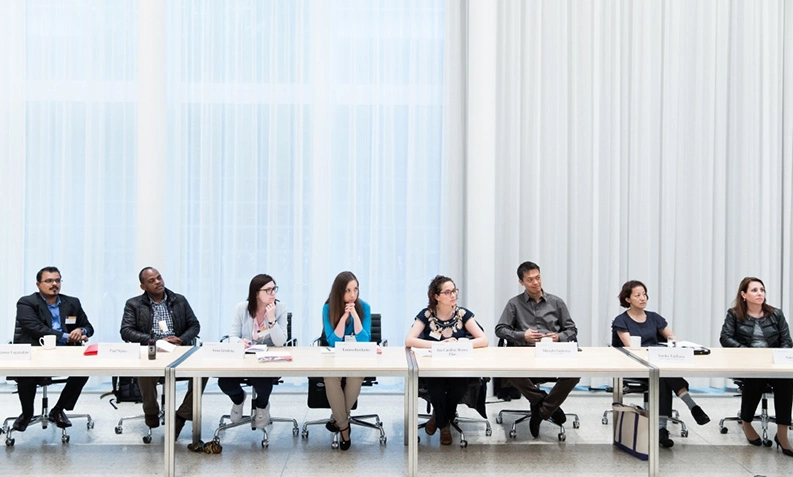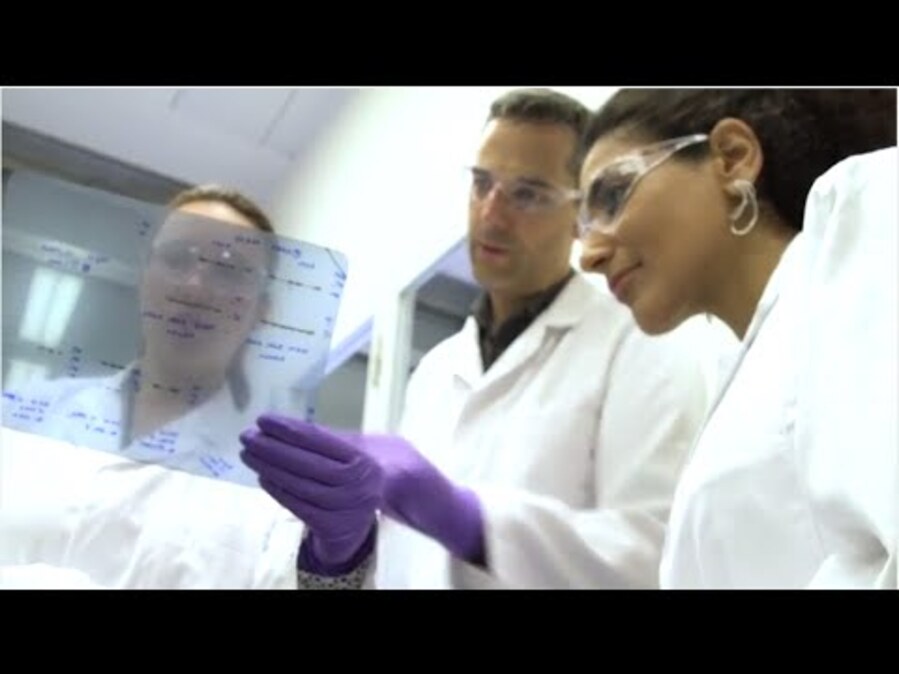Maxwell Tawanda Chirehwa, a pharmacometrician from Zimbabwe currently completing his Ph.D. in South Africa, will soon pack his bags to head home from Basel, Switzerland. He’s been there for three months with 19 other young scientists participating in this year’s Next Generation Scientist (NGS) program, an immersive internship jointly offered by Novartis and the University of Basel.
NGS participants work on research projects with guidance from mentors and take part in a professional development course. Program offerings range from opportunities to hone public speaking skills to workshops on creating scientific posters and the ethics of scientific imaging. These activities help participants develop successful research careers back home.
The NGS program develops complete scientists.
Maxwell Tawanda Chirehwa, Ph.D., pharmacometrician from Zimbabwe
While opportunities for young scientists abound in the western world, the scientific research scene in Africa, Asia and Latin America looks very different. Most medical research is currently done in developed countries, yet most of the world’s population lives in the developing world. And people in developing countries often have different health needs, as well as a different genetic makeup, meaning they may respond differently to medicines.

Novartis and the University of Basel developed the NGS program to address the need to build capabilities in developing countries. Since 2011, more than 120 scientists and clinicians studying everything from molecular biology to clinical trials have participated in the program. They come to gain an inside perspective on pharmaceutical research and development, while Novartis gains insight into healthcare challenges in participants’ countries.
“For us it’s extremely motivating to have the scientists here for three months,” says Gugliemo Roma, Head of Molecular Profiling at Novartis and an NGS mentor. “I learned about their countries; their scientific interests; the different political, social and healthcare conditions.”
The NGS program not only teaches you scientific topics, but gives you the courage to believe in yourself and to go back home and build something really good.
Ana Catalina Alvarez Elias, pediatric nephrologist from Mexico
“The NGS program not only teaches you scientific topics, but gives you the courage to believe in yourself and to go back home and build something really good,” says Ana Catalina Alvarez Elias, a pediatric nephrologist from Mexico who, along with Chirehwa, is about to graduate from the 2016 program.
Most importantly, the program trains researchers to take on the urgent medical challenges in their countries. “Next Generation Scientist alumni are now present in 24 low- and middle-income countries,” says program director Colin Pillai. “These scientists and clinicians represent the seeds to bring sustainable healthcare to the countries where it’s most needed.”
Meet the Next Generation Scientists and learn more about the program by watching the video playlist below:





